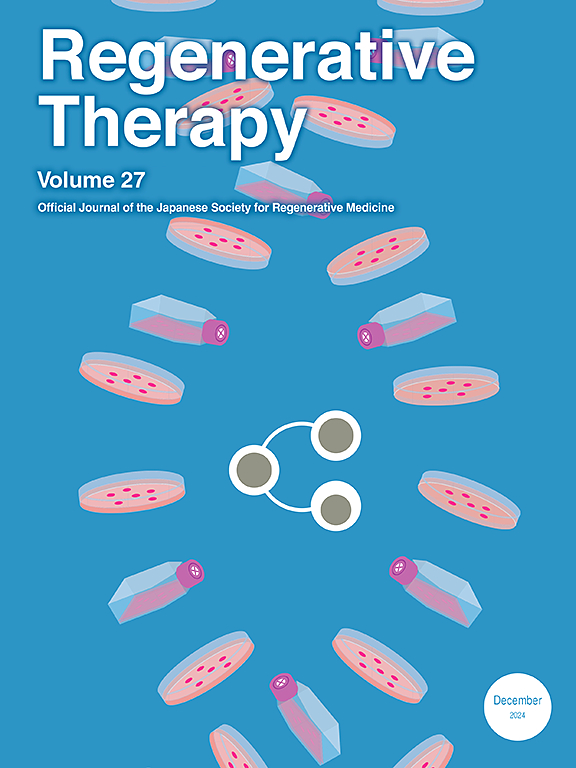Applicability of the regression approach for histological multi-class grading in clear cell renal cell carcinoma
IF 3.4
3区 环境科学与生态学
Q3 CELL & TISSUE ENGINEERING
引用次数: 0
Abstract
The histological grading of carcinoma has been one of the central applications of task-specific deep learning in pathology. The deep learning method has pushed away the regression approach, which has been exploited for two-class classification, to address multi-class classification. However, the applicability of the regression approach on multi-class carcinoma grading has not been extensively investigated. Here, we show that the regression approach is sufficiently compatible with classification regarding the four-class grading of clear cell renal cell carcinoma using 11,826 histological image patches from 16 whole slide images. Using convolutional neural network models (DenseNet-121 and Inception-v3), we found that regression models predict as accurately as classification models, achieving an accuracy of 0.990 at the highest, with fewer prediction errors by two or more grades. Furthermore, we found that the predictions by the regression models qualitatively capture intra-tumor heterogeneity of grades using the composite image patches. Our results demonstrate that the regression approach offers advantages in making a core of the multi-class grade prediction tools for practice.
回归方法在透明细胞肾细胞癌组织学分级中的适用性
肿瘤的组织学分级一直是任务特异性深度学习在病理学中的核心应用之一。深度学习方法取代了用于两类分类的回归方法,解决了多类分类问题。然而,回归方法在多类型癌分级中的适用性尚未得到广泛的研究。在这里,我们使用来自16张完整幻灯片图像的11,826个组织学图像斑块,证明回归方法与透明细胞肾细胞癌的四级分级分类是充分兼容的。使用卷积神经网络模型(DenseNet-121和Inception-v3),我们发现回归模型的预测精度与分类模型一样高,最高达到0.990,预测误差减少了两个或多个等级。此外,我们发现回归模型的预测定性地捕获了使用复合图像补丁的肿瘤内等级的异质性。我们的结果表明,回归方法在为实践提供多类成绩预测工具的核心方面具有优势。
本文章由计算机程序翻译,如有差异,请以英文原文为准。
求助全文
约1分钟内获得全文
求助全文
来源期刊

Regenerative Therapy
Engineering-Biomedical Engineering
CiteScore
6.00
自引率
2.30%
发文量
106
审稿时长
49 days
期刊介绍:
Regenerative Therapy is the official peer-reviewed online journal of the Japanese Society for Regenerative Medicine.
Regenerative Therapy is a multidisciplinary journal that publishes original articles and reviews of basic research, clinical translation, industrial development, and regulatory issues focusing on stem cell biology, tissue engineering, and regenerative medicine.
 求助内容:
求助内容: 应助结果提醒方式:
应助结果提醒方式:


